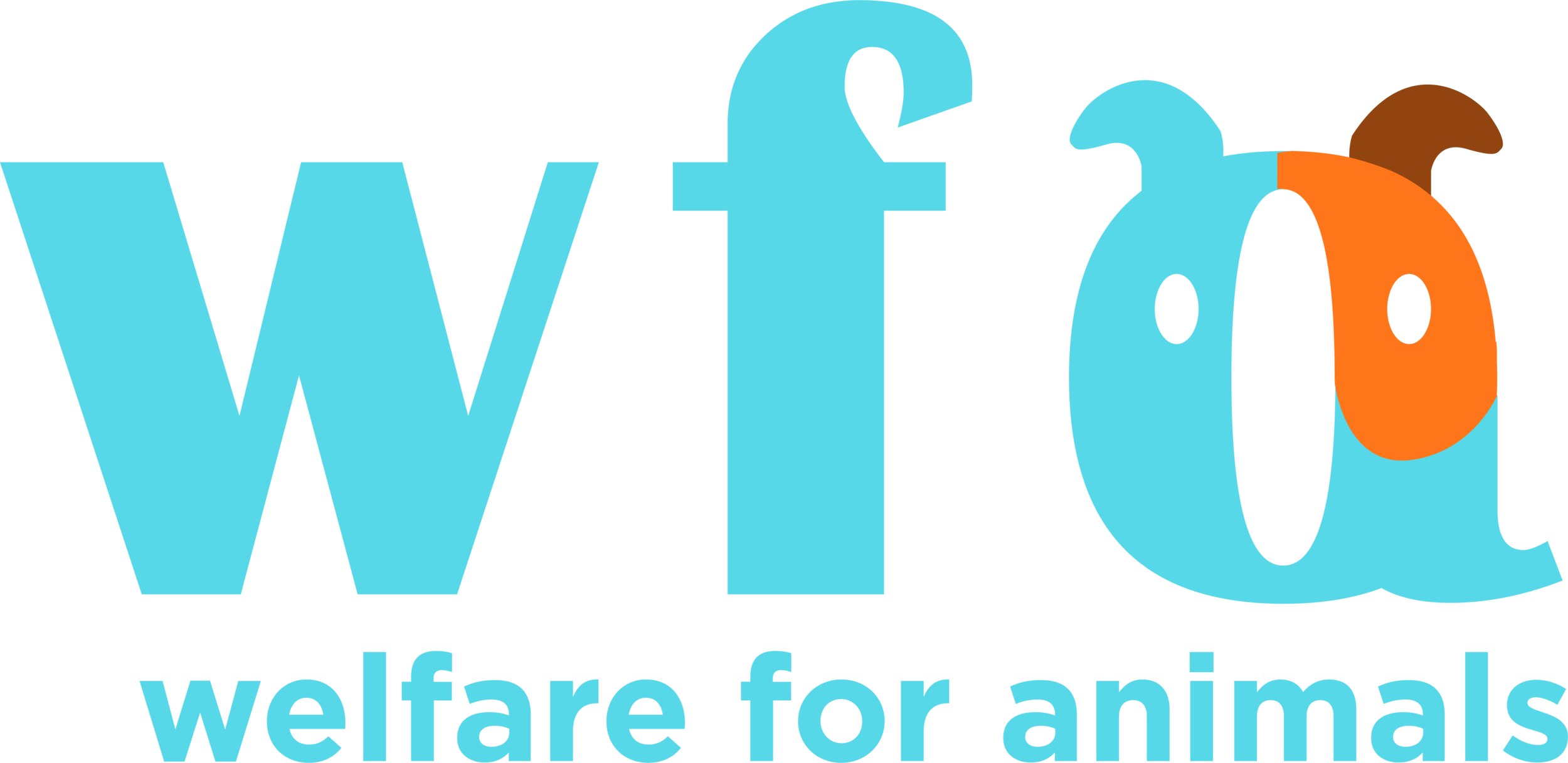Did you miss our first Trainers for Rescues workshop?
Did you miss our first Trainers for Rescue workshop?
Do you want to take individual courses from our speakers?
Now you can! But only for a limited time!
From now until August 31, 2023, you can access our full and individual Trainers for Rescue courses.
After August 31, 2023, we will remove all of our first workshop courses as we prepare for our second workshop, so watch them while you still can.
Our speakers for our very 1st Trainers for Rescue workshop, in alphabetical order, were:
Click on their names and you’ll be redirected to their business Facebook pages.
To help these individual courses be accessible, they’re being sold for only $17.50! For over a 1-hour presentation plus tailored challenges that you can directly apply in your shelter, rescue, clinic, or to help your own dogs or cats. 50% of these individual courses will go to the speakers while the other 50% will be donated to Dogstar Foundation in Sri Lanka. To find out more about this award-winning non-profit, click here. By watching these presentations, you’re helping the animals in your care and animals around the world!
Learn more about these wonderful speakers and their individual courses below
Beth Mullen of Dog Latin Training
Presentation Summary of “Five Cues/Behaviors That Ease A Rescue Dog’s Journey”.
Dogs in the pipeline of rescue endure several stops along the way. They’re like weary travelers but without a home. Each destination layers on more stress and uncertainty. These five behaviors being predictability to each stop. These are five easy behaviors to teach that can transfer to adopters, help at adoption, and when a dog is newly in a home.
Go to Beth’s absolutely phenomenal presentation on “Five Cues/Behaviors That Ease A Rescue Dog’s Journey” by clicking here.
Below are Dog Latin Training's website and social media links:
Website: https://doglatindogtraining.com
Facebook: @doglatindogtraining
Instagram: @dog_latin_dog_training
Caroline Wilkinson of BarketPlace
Presentation Summary of “The Importance of Sleep and Rest in Dogs”
Studies have shown that rescue dogs who have sleepovers outside of the kennel environment had lower stress. Improved sleep is vital to support a healthy physical and emotional dog. Pet guardians should be educated on how to create balance for the dogs they are rescuing, especially in the early weeks and months of them joining their home.
Check out Caroline’s amazing individual presentation on “The Importance of Sleep and Rest in Dogs” here.
You can find Caroline at her social media accounts and website listed below:
Website: barketplace.uk
Facebook: facebook.com/barketplace
Instagram: @barketplace
Freya Locke of Locke’s Dogs, Fun Not Fear Club
Presentation Summary of “Fun Not Fear”
Fun Not Fear®️ is not just a collection of reward-based training methods for dogs, but is a way of giving our dogs and dog parents inner confidence to grow and experience life in a more enjoyable way. Set up for dog parents rather than professionals, Fun Not Fear®️ Club aims to make dog behaviour topics understandable and easy, so dog parents can help their anxious dogs to navigate the world. We know that sometimes our dog parents can also be anxious so we try to make our content easily digestible, without all the jargon and difficult, lofty stuff.
In this talk, Freya discusses three of the many concepts and techniques that make up the ever-evolving and changing Fun Not Fear®️ philosophy and shows you how to apply them practically in your dog's world.
"There is nothing in life that can be taught with fear, that can't be taught with fun, apart from fear itself. "
Learn more about Freya’s fantastic presentation on “Fun Not Fear” by clicking here.
Where you can find Freya:
Website: https://www.lockesdogs.co.uk/
Facebook: Locke's Dogs, Fun Not Fear
Facebook group: Locke's Dogs Behaviourist & Trainer- Fun Not Fear Inner Circle
Instagram: @lockesdogsfunnotfearclub
Kassie Dickson
Presentation Summary of “Helping Anxious, Fearful, Stressed, and or Traumatized Dogs and Cats”
Factors affecting behaviour in shelter animals can be both difficult to help but, also difficult for staff and volunteers to reconcile. Shelters can all pose very different challenges to overcome past traumas animals may have encountered and the anxiety, stress and fear that comes from that. Day-to-day function, behaviour towards staff and other animals as well a decreased ability to care for animals in some instances affects most rehoming and sheltering organizations. So how do we take a compassionate approach both towards our animals but, also while keeping staff burnout and compassion fatigue in mind?
To change an outward behaviour we must look to the underlying cause, set realistic expectations and work with management to ensure the most stress and force-free approach possible.
In this presentation we will deep dive into behaviours indicative of anxiety, stress and trauma as well as what potential causations that may be at play for animals in your centre’s. How we can take a trauma-informed approach to working with these buddies and help set them up for success in the long term, pathway planning, in centre management, and post-adoption support and what pieces fit for your centre. We will focus on immediate action that can be laid out before animals arrive as well as implemented upon entering the shelter setting and throughout their care, enrichment that may help to alleviate concerns, and ultimately what’s happening from the animals perspective and how we as people can better understand and implement best practices that keep our dogs and cats emotional development and psychological needs on equal footing with physical health and everyday expectations.
Check our Kassie’s in-depth presentation on “Helping Anxious, Fearful, Stressed, and or Traumatized Dogs and Cats” by clicking here.
Where you can find Kassie:
Instagram: kard1954
Facebook: Kassie Dickson
Podcast with Renee: Dog Logical Podcast
Renee Rhoades of R+Dogs
Presentation Summary of “Adopting a Dog: The First Few Weeks”.
Welcoming a newly adopted dog into the family can be a very exciting time, but we're not always prepared for what is to come. During this talk, I will give you insight into what your newly adopted family member is likely to experience in the first few weeks settling into their new life. We will discuss tips that can help to make the transition an easier one for both you and your dog.
Go to Renee’s incredible presentation “Adopting a Dog: The First Few Weeks” by clicking here.
Where to find Renee:
Website: https://www.rplusdogs.com/
Instagram: @r.plus.dogs
Facebook: @rplusdogsbehaviour
Threads: @r.plus.dogs
Podcast: Dog Logical Podcast
Ruby Leslie of Welfare For Animals
Presentation Summary of “Fear, Anxiety, Stress, and Frustration in Dogs and Cats”
Identifying fear, anxiety, stress, and frustration (FAS+F)in dogs and cats is key to improving their welfare, whether they are located in a shelter, home, veterinary clinic, grooming salon, or training facility.
This presentation will help you identify FAS+F in cats and dogs and provide you with solutions to decrease these negative emotional states.
Learn more about Ruby’s presentation on “Fear, Anxiety, Stress, and Frustration in Dogs and Cats” by clicking here.
Find Ruby and WFA at the social media and website links below:
Sowjanya Vijayanagar of Dog Pawmise
Presentation Summary of “Gentle Parenting”
Gentle Parenting is a concept used for human-child parenting relationships which I have remodelled for dog-human relationships. The foundations of this approach are trust, respect, understanding and empathy (the T.R.U.E. foundation) to achieve a healthier relationship between the dog and their human caregiver. This approach takes a trauma-informed and emotionally affirming approach to understanding dogs, their behaviours and work towards building emotional health and resilience.
We will cover the following topics:
What really is Gentle Parenting and why it might be a good approach for our dogs
Emotional Health and Resilience – an important aspect of being a responsible dog caregiver
The 4 pillars of Gentle Parenting and examples on how to apply them
Some caveats to this approach
You can find Sowjanya’s presentation “Gentle Parenting”, dedicated to her dog Sammy, by clicking here.
Sowjanya's social media, website, and email are listed below.
Email: dogpawmise@gmail.com
Website: www.dogpawmise.com
Instagram: @dogpawmise
Facebook: https://www.facebook.com/dogpawmise
Surabhi Venkatesh of Luchi and Muttons
Presentation Summary of “Environmental Enrichment for Shelter Dogs”
A study done by Herron et al (2014) found that when dogs were exposed to environmental enrichment often as part of their routine, it improved desirable behaviours in them, thus positively contributing to their welfare. This environmental enrichment can be of different types, inexpensive and easy to facilitate within shelter environments. According to Garvey et al () it can be of physical, social, occupational, sensory, and nutritional types. By providing variety and choices within these, we can not only reduce stress for dogs in shelter environments but also improve overall welfare. We also have evidence of enriched environments can increase neurogenesis in the hippocampus and is correlated with improved learning memory (Salvanes et al, 2013).
For this talk, I will share examples of how environmental enrichment has improved welfare of sheltered dogs (post-adoption) and the benefits of introducing this in low-cost and sustainable ways in shelters, including video snippets of how facilitating an enriched space in a shelter in New Delhi, India.
Check out Surabhi’s wonderful presentation on “Environmental Enrichment for Shelter Dogs” by clicking here.
You can find Surahbi on the social media links and her website below.
Website: www.luchiandmuttons.com
Facebook: https://www.facebook.com/luchiandmuttons
Instagram: https://www.instagram.com/luchiandmuttons
You can also find all of the presentations in the full Trainers for Rescues course for only $55 by clicking on the button below.
We can’t wait for you to join us for our October workshop!








